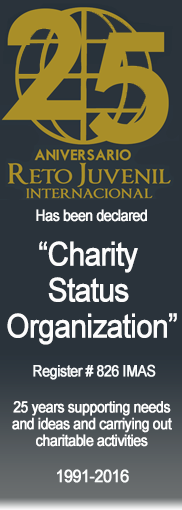
Nutrition Program 2024 - Mr. John Shoust
Cerro Azul Primary School
Nutrition and Health Program
2024
Thanks to Mr. John Shoust from Toronto Canada, who has been suppoorting Cerro Azul School Dining Hall,through monthly donations of $100 us, we are able to improve the student’s diet one more period since October 2023 again and is supporting also 2024. If you want to collaborate with this initiative please contact us at This email address is being protected from spambots. You need JavaScript enabled to view it.
The indigenous people of Costa Rica, have not shared in the benefits of Costa Rica’s development. They have higher infant, child, and general mortality rates and higher rates of malnutrition and infectious disease than the general population.
Contributing to these problems are the geographic isolation and poor land of many indigenous reservations, lack of infrastructure, spread-out villages, and pollution from banana plantations that are close to some reservations.
Our Indigenous children in Costa Rica are disproportionately affected by nutrition-related chronic diseases such asdiabetes, hyperten- sion, stroke, and cancers due deficiency of protein and energy during infancy.
Food is the key reason why children attend school in Costa Rica’s Indigenous villages. Their sole daily meal consists of one tortilla with salt, food is rationed due to poverty. There is not enough food for everyone in the family. Therefore, a school providing a meal is a big push for parents to send their children avoiding child labor at the same time. At school, children receive a small lunch, such as a small portion of rice or a tortilla.
























